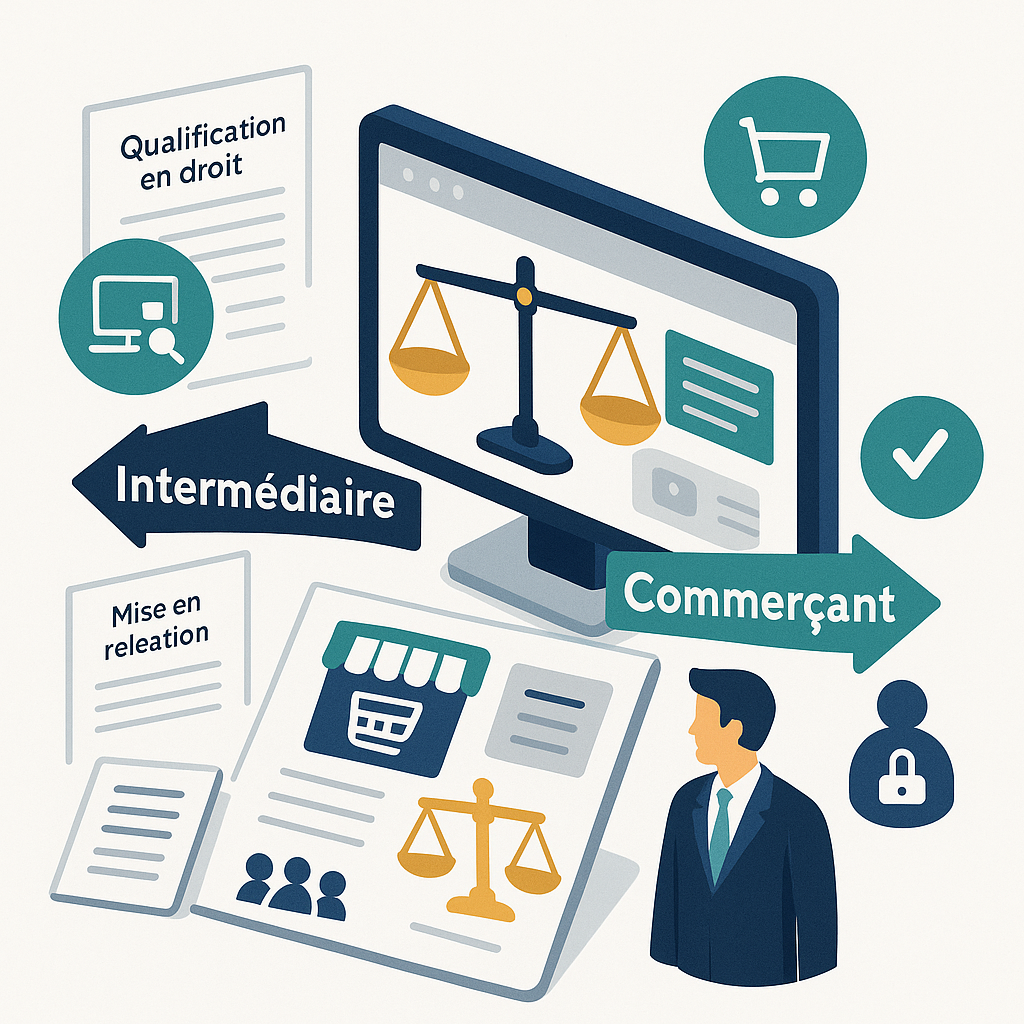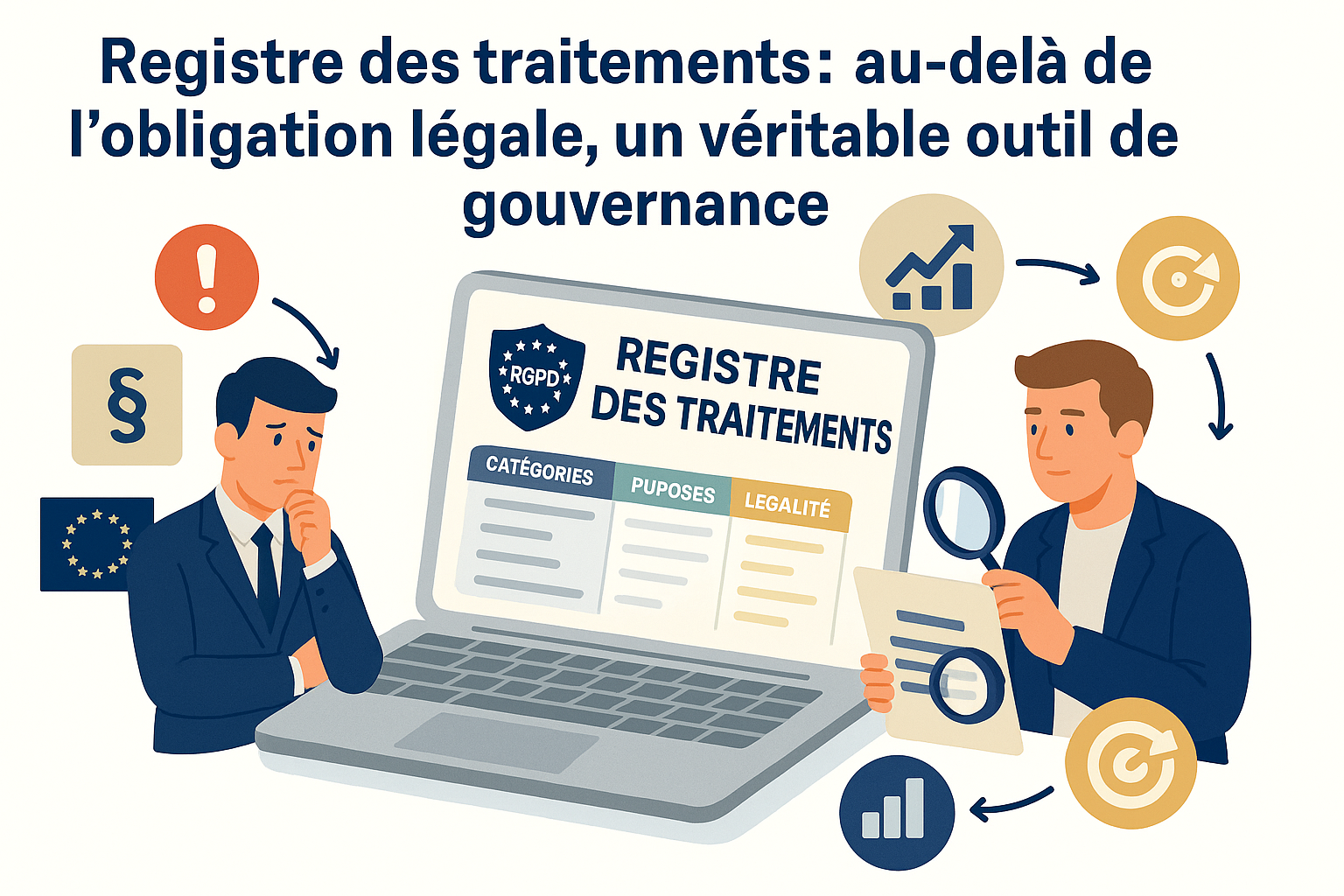Le droit applicable aux jeux en ligne est complexe et a des sources variées, un avocat peut vous aider à comprendre la réglementation.
Droit applicable : Jeux en ligne d’objets numériques monétisables
L’économie des jeux vidéo est en pleine expansion, et les objets numériques monétisables en sont une composante clé. Pour encadrer ce secteur en croissance et protéger les joueurs, la France lance une expérimentation de trois ans, encadrée par les articles 40 et 41 de la nouvelle loi du 21 mai 2024 (SREN).
L’article 40 autorise, à titre expérimental, les jeux en ligne permettant aux joueurs majeurs de gagner des objets numériques monétisables par hasard.
Ces objets ne peuvent être vendus ou échangés contre de l’argent réel, ni rachetés par l’entreprise de jeux ou ses partenaires, garantissant ainsi la protection des joueurs contre les abus.
Qu’est-ce qu’un objet numérique monétisable ?
Les objets numériques monétisables sont définis comme des éléments de jeu conférant des droits spécifiques aux joueurs et pouvant être cédés à des tiers.
Un décret en Conseil d’État précisera les conditions et plafonds de ces récompenses, excluant toute forme de monnaie légale.
I. Obligation des entreprises : protection des joueurs
Les entreprises de jeux doivent assurer l’intégrité, la fiabilité et la transparence des opérations de jeu. Elles doivent également protéger les mineurs et prévenir le jeu excessif, ainsi que lutter contre la fraude et le blanchiment de capitaux.
A. Déclaration préalable et conformité
L’article 41 stipule que toute entreprise souhaitant proposer des jeux à objets numériques monétisables doit se déclarer auprès de l’Autorité nationale des jeux.
Un décret précisera les informations requises pour cette déclaration.
B. Siège social et responsabilités
L’entreprise doit avoir son siège social dans l’Union européenne ou un pays de l’Espace économique européen avec des accords de lutte contre la fraude avec la France. Des responsables en France doivent garantir la conformité locale.
C. Vérification des joueurs et participation
La participation aux jeux est réservée aux majeurs, avec des mécanismes stricts de vérification d’âge et d’identité. Un seul compte par joueur est autorisé, renforçant ainsi la sécurité et la prévention des abus en ayant recours notamment à des contrôles de l’âge des joueurs conformément au RGPD. Un soutien d’un avocat en droit des données personnelles s’avère donc nécessaire.
D. Interdictions et obligations
Les entreprises ne peuvent racheter leurs objets numériques monétisables. Elles doivent fournir à l’Autorité nationale des jeux toutes les données nécessaires à la lutte contre la fraude et le financement du terrorisme.
II. Obligations spécifiques pour les compétitions
Réglementation des compétitions sportives et courses hippiques
Des règles strictes s’appliquent aux jeux basés sur des compétitions sportives et courses hippiques. Les participants ne peuvent pas jouer ou céder des objets numériques monétisables liés aux compétitions, ni utiliser des informations privilégiées.
Une entreprise de jeux à objets numériques monétisables ayant pour support des courses hippiques réelles ne peut organiser de tels jeux que sur les courses figurant au calendrier prévu à l’article 5-1 de la loi du 2 juin 1891 ayant pour objet de réglementer l’autorisation et le fonctionnement des courses de chevaux.
Avant d’utiliser les données des courses hippiques, l’entreprise doit conclure un contrat avec la société organisatrice des courses française ou étrangère ou son mandataire. Ce contrat ne peut comporter de clause d’exclusivité au profit d’une entreprise particulière. Il doit stipuler que l’utilisation des données respecte les valeurs des obligations de service public.
Les sociétés mères des courses de chevaux intègrent au sein du code des courses de leur spécialité des dispositions empêchant les jockeys et entraîneurs de :
- Participer, directement ou indirectement, à des jeux à objets numériques monétisables basés sur les courses auxquelles ils participent.
- Céder, directement ou indirectement, des objets numériques monétisables basés sur les courses auxquelles ils participent.
- Communiquer des informations privilégiées à des tiers, inconnues du public, susceptibles d’être utilisées dans des jeux à objets numériques monétisables basés sur les courses auxquelles ils participent.
III. Publicité et communications commerciales
Les communications commerciales doivent exclure les mineurs et prévenir le jeu excessif. Les influenceurs doivent utiliser des plateformes permettant l’exclusion des mineurs de leur audience.
Il est interdit à toute entreprise de jeux à objets numériques monétisables ainsi qu’à toute personne physique ou morale agissant de concert avec elle de consentir aux joueurs des prêts en monnaie ayant cours légal ou en actifs numériques, au sens de l’article L. 54-10-1 du code monétaire et financier, ou de mettre en place directement ou indirectement des dispositifs permettant aux joueurs de s’accorder entre eux des prêts en monnaie ayant cours légal ou en actifs numériques, en vue de permettre l’achat d’objets numériques monétisables ou des autres récompenses éventuellement attribuées et fixées par le décret en Conseil d’État mentionné au I de l’article 40 de la présente loi.
Les services de communication au public en ligne sur lesquels les entreprises de jeux à objets numériques monétisables proposent une offre de jeux à objets numériques monétisables ne peuvent contenir aucune publicité en faveur d’une entreprise susceptible de consentir des prêts aux joueurs ou de permettre le prêt entre joueurs, ni aucun lien vers un site proposant une telle offre de prêt.
L’entreprise de jeux à objets numériques monétisables informe les joueurs des risques liés au jeu excessif ou pathologique par un message de mise en garde défini par un arrêté du ministre chargé de la santé pris après avis de l’Autorité nationale des jeux. Les modalités techniques d’affichage du message sont fixées par l’Autorité nationale des jeux.
Conclusion
La France met en place un cadre protecteur pour développer l’économie des jeux à objets numériques monétisables. En encadrant strictement leur utilisation et en protégeant les joueurs, cette initiative pourrait définir l’avenir de l’industrie du jeu vidéo en France.
Pour plus d’informations et des conseils personnalisés, n’hésitez pas à me contacter. Découvrez nos services pour protéger votre présence en ligne.




